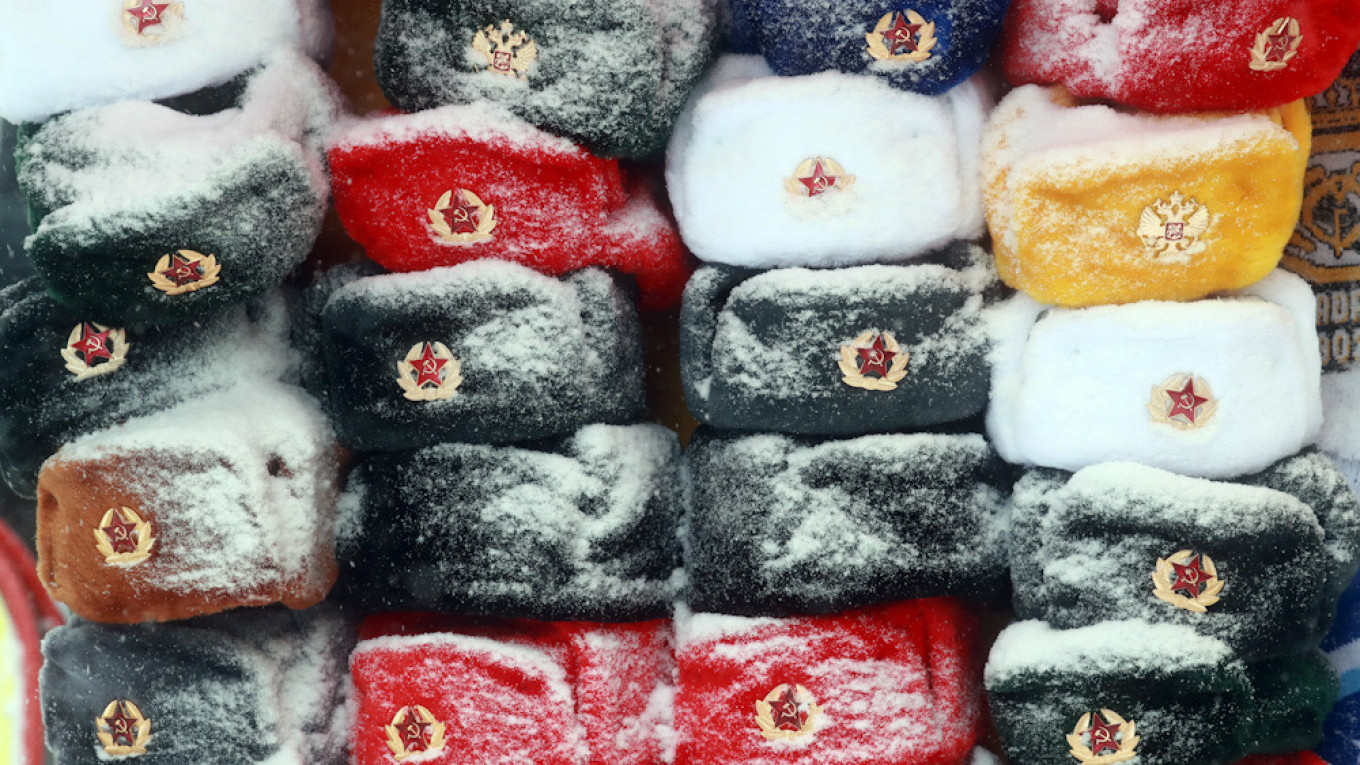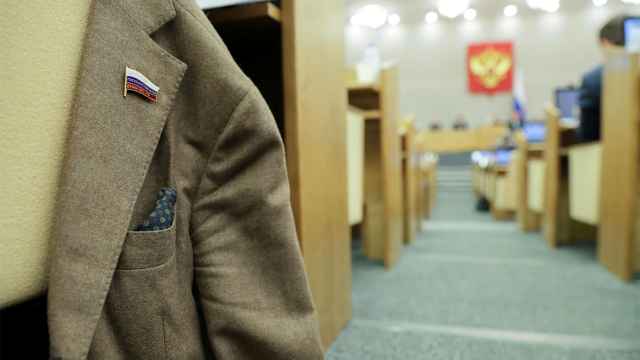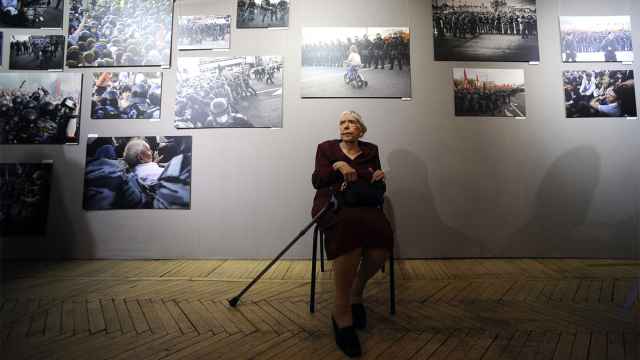Russian lawmakers have prepared several bills that threaten to further suffocate Russia’s civil society.
Not only would they introduce new penalties for registered NGOs listed as “foreign agents,” but they would also enable the authorities to hang that same label on individuals and unregistered organizations. A significant change in the current legislation, it would give the authorities a far broader license to apply punitive measures against whomever they find undesirable, and even against unsuspecting citizens who happen to find themselves in the wrong place at the wrong time. In this new epidemic of suppression, it could be just as easy to wind up listed as a “foreign agent” as it is to catch the coronavirus.
Who is a foreign agent?
Who is labeled a foreign agent and why? According to the law, this status is applied to those who receive money from abroad and are engaged in political activity. But how are these two conditions interpreted? The definition of “political activity” is extremely broad and vague. At the very least, the Justice Ministry and the courts consider participation in politics to mean criticizing a decision by the authorities or forwarding other people’s critical comments to third parties, whether it concerns, say, regulating the price of alcohol or the rights of people with disabilities.
The understanding of “foreign financing” is equally broad. It can include a money transfer from relatives abroad, a foreign organization paying for services performed in Russia, or even receipt of a refund from an online store in another country. If any legal entity or individual abroad sends a Russian citizen as little as one ruble, it is enough to label that person as the recipient of foreign funds. One of the most bizarre examples of this occurred when, for some reason, the Russian Orthodox Church transferred a charitable grant for a domestic NGO through a foreign account, prompting the authorities to label the recipient a foreign agent.
Interestingly, the bills make it possible to label an unregistered group as foreign agent, even if that group has no formal bank account. How do the authorities prove that such a group even exists or obtain evidence that it has received money from abroad?
Do they limit themselves to checking members’ individual bank accounts? Or do they rely on the city’s surveillance cameras to monitor the group’s meetings? How wide will be such surveillance and does it require a court order? Strictly speaking, there are no clear criteria for classifying citizens as unregistered social groups, making this the greyest of grey areas. In fact, any group of people that meets regularly could be considered an unregistered organization.
Unfortunately, this provision of the law gives carte blanche to law enforcement officials who subscribe to conspiracy theories. After all, honors and promotions are not given to officers for catching polluters of the air and water, but to those who expose unregistered organizations that spread criticisms of the government’s environmental policy.
You won’t get ahead by bringing to justice a TV anchor on a state-controlled channel who incites hatred towards a neighboring country, but you might just earn a commendation for going after those who criticize the anchor.
The pressure is rising
We must admit that Russian legislators have shown themselves to be much more inventive than even George Orwell was, but then, practitioners always outshine theorists.
One can hope, of course, that the authorities will not make extensive use of these new tools for the suppression of ordinary citizens.
The indisputable fact, however, is that new measures for intimidating the populace have already appeared and been publicly proclaimed. Worse, they can be applied against almost anyone, from political activists and journalists to businesspeople and long-haul truckers. The line between politically active members of society and ordinary, apolitical citizens has grown even thinner — that is, if it still exists at all.
The process of tightening the screws on Russian society did not begin today or even back in mid-2014 when the authorities started targeting NGOs.
Then, with youthful enthusiasm, the Ministry of Justice began including prominent NGOs in its registry of foreign agents — Golos for publishing inconvenient truths about elections; Ecodefense! for opposing a geopolitically important nuclear power plant; and Memorial simply because its work prevents the authorities from denying that Russians also have human rights.
A law was adopted back in 2004 that significantly restricted the freedom to hold meetings such as rallies, marches, and so on. It became illegal to gather to hear speeches or protest near an environmentally hazardous enterprise or the president’s residence.
In 2005, it became almost impossible to hold a referendum without the participation of the authorities. After that, the laws governing NGOs were repeatedly stiffened.
In fact, the Russian authorities have been stepping up the pressure on civil society for the past 16 years. Over that same period, Russia’s relations with the West have alternately grown better and worse, as has its economy.
A new Russian president even came to power, bringing hopes for the country’s modernization. But through it all, only two things remained unchanged: the person who really calls the shots in Russia and the Kremlin’s policy of suppressing all civic activity. Thus, the current situation is not an anomaly, but the continuation of all that has come before.
Citizens have grown stronger
Although Russian civil society has been under increasing pressure for the better part of two decades, the fact that the authorities are now prepared to label even informal groups, and just about anyone else as a foreign agent indicates that leaders have so far failed to achieve their goal. That iron heel might now come down not only on members of the opposition, but even on Putin’s loyal supporters whose only complaint is that their salaries are too low and prices too high. It is unlikely that such a policy will engender greater support for the government among any group except, perhaps, diehard Stalinists.
Tensions between the government and civil society are growing. This might be a cause for alarm, but it also indicates that those members of society who are ostensibly weaker, have refused to give up over a very long period of time. And this means that they have actually grown stronger.
It seems that the time has come to think about what course a post-authoritarian Russia will take. One thing is certain: in that society, the government will not be in conflict with the people.
A Russian version of this article was first published by Vtimes.
A Message from The Moscow Times:
Dear readers,
We are facing unprecedented challenges. Russia's Prosecutor General's Office has designated The Moscow Times as an "undesirable" organization, criminalizing our work and putting our staff at risk of prosecution. This follows our earlier unjust labeling as a "foreign agent."
These actions are direct attempts to silence independent journalism in Russia. The authorities claim our work "discredits the decisions of the Russian leadership." We see things differently: we strive to provide accurate, unbiased reporting on Russia.
We, the journalists of The Moscow Times, refuse to be silenced. But to continue our work, we need your help.
Your support, no matter how small, makes a world of difference. If you can, please support us monthly starting from just $2. It's quick to set up, and every contribution makes a significant impact.
By supporting The Moscow Times, you're defending open, independent journalism in the face of repression. Thank you for standing with us.
Remind me later.






